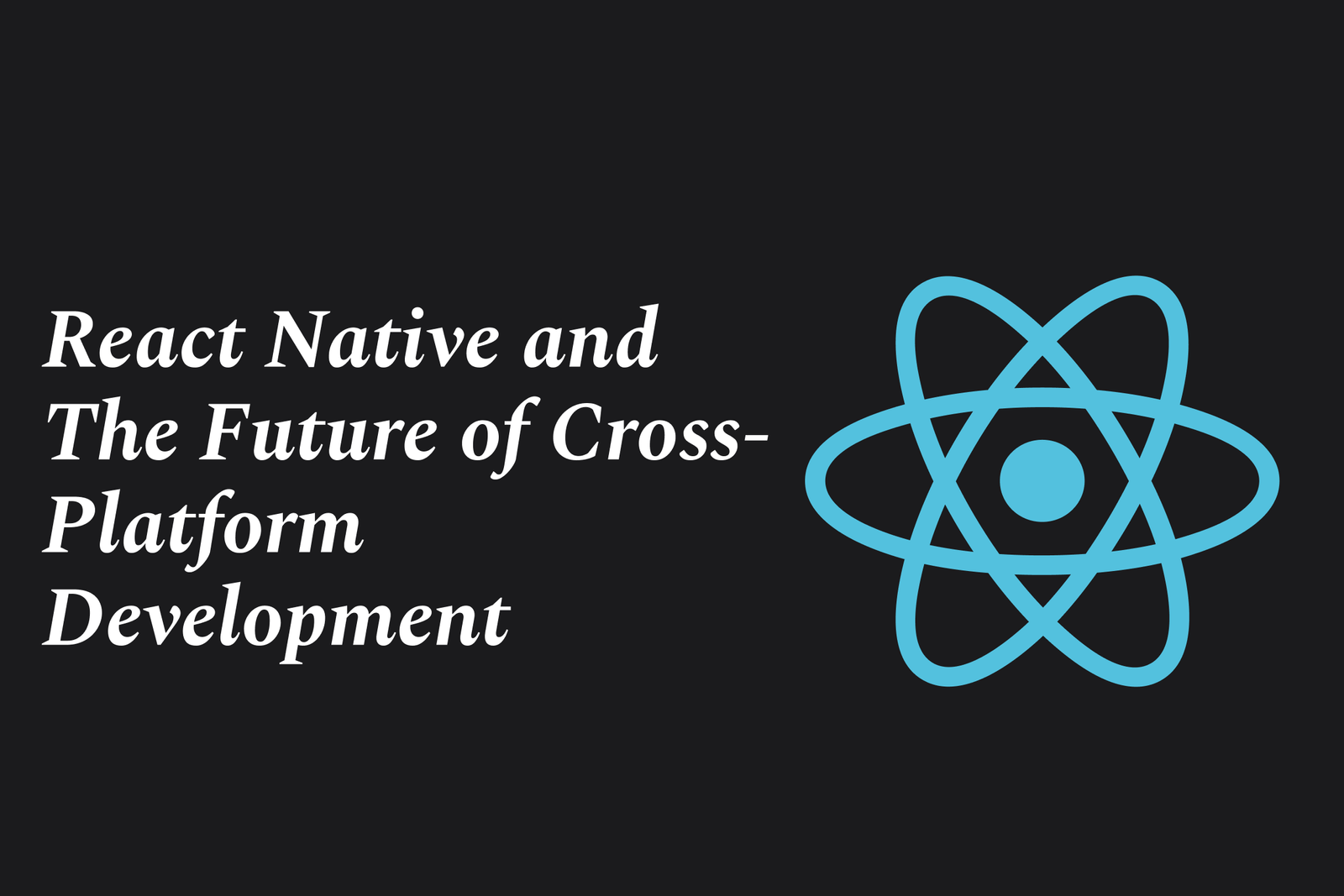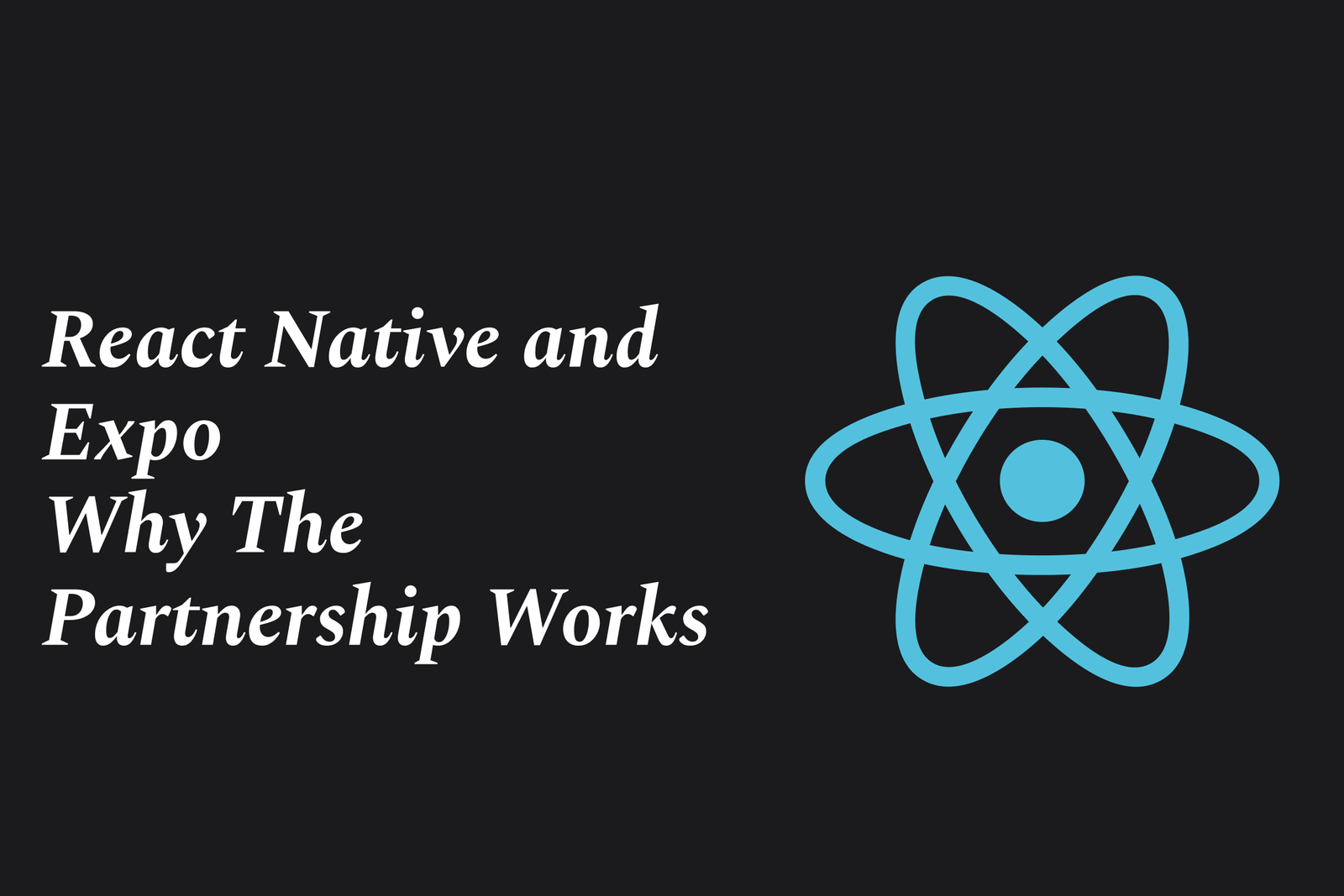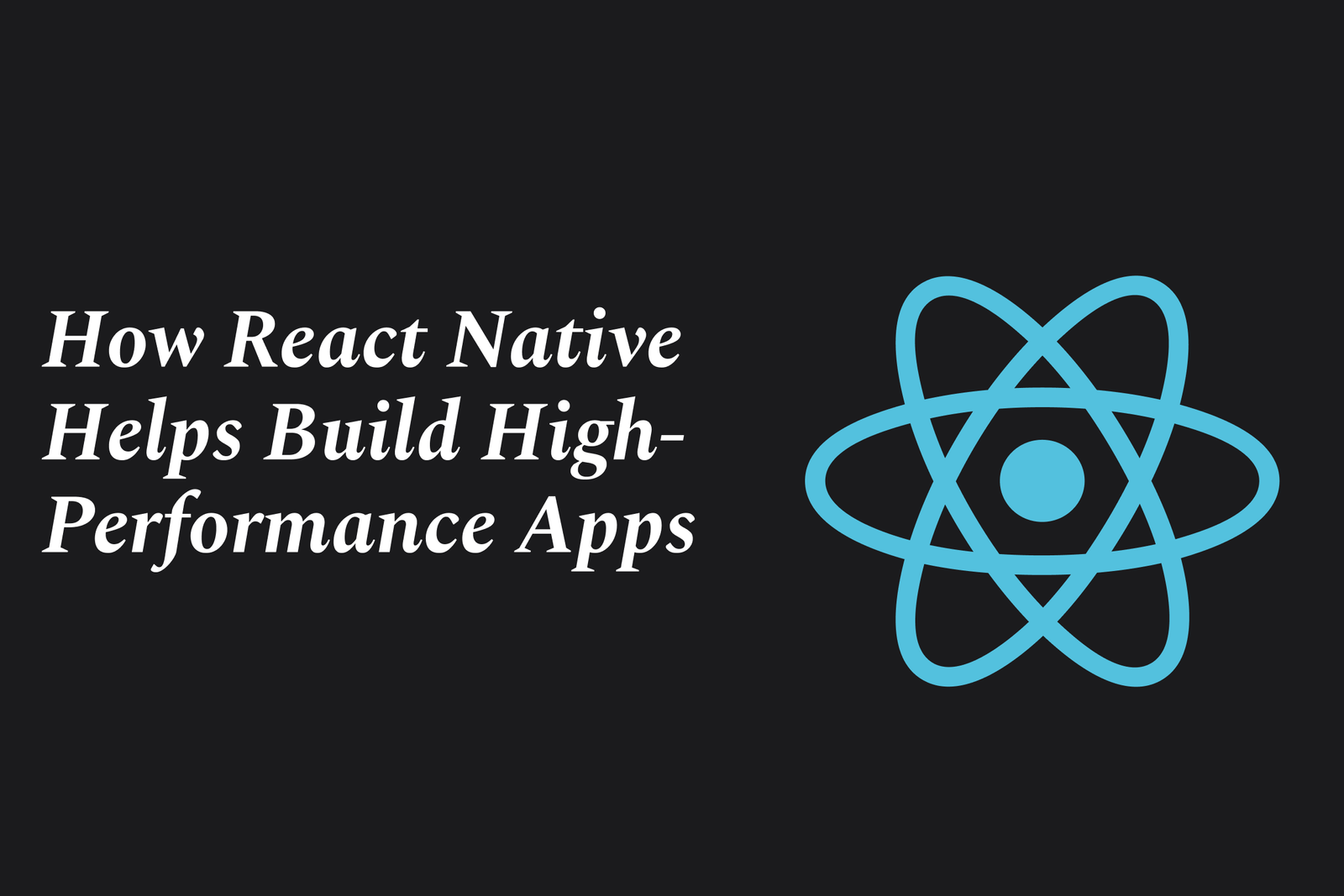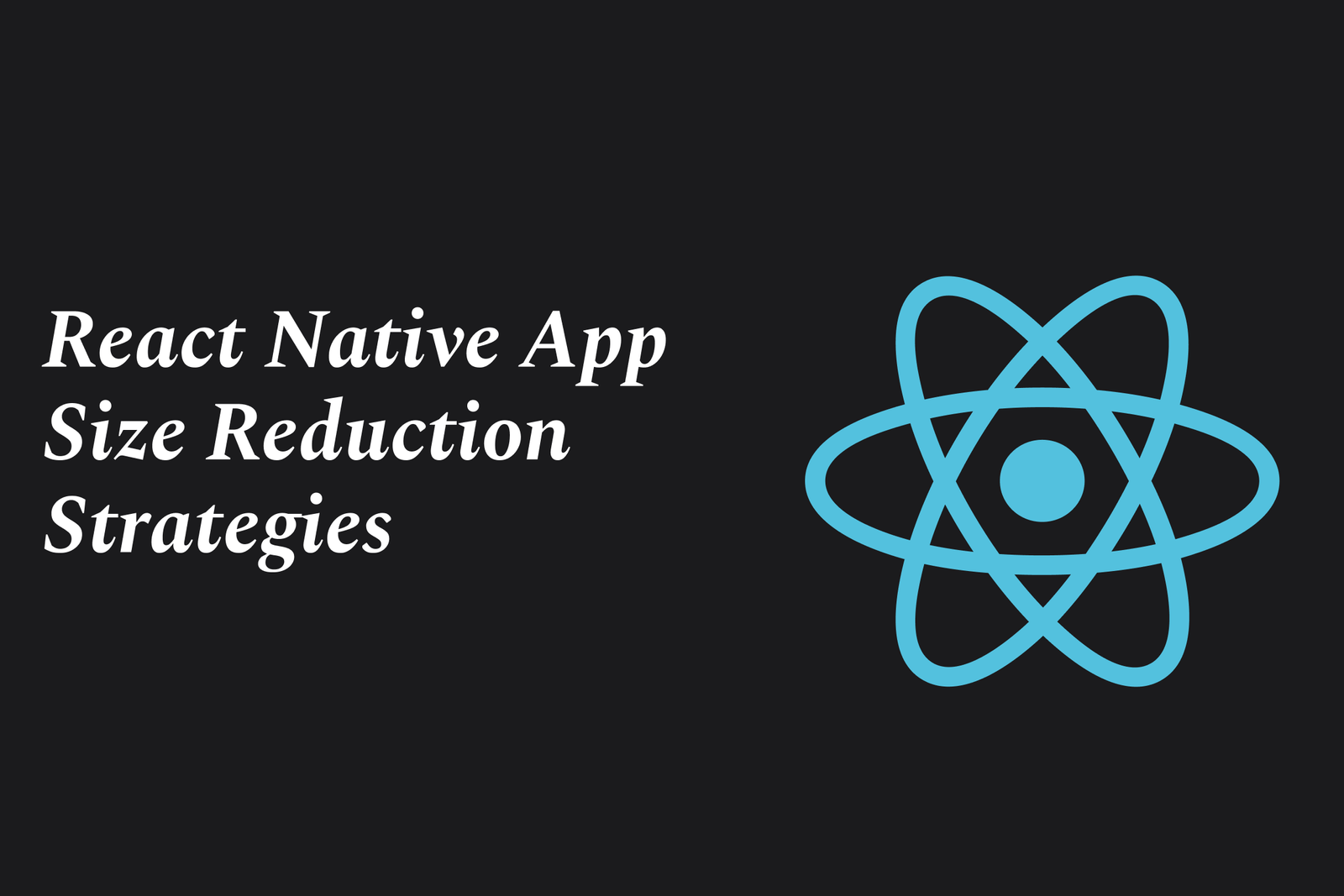React Native?s Secret Sauce for Faster App Deployment
React Native’s secret sauce for faster app deployment lies in its single codebase for iOS and Android, combined with hot reloading for instant updates. This streamlines development, cuts costs, and delivers native-like performance, enabling quicker, efficient launches across platforms.
React Native?s Secret Sauce for Faster App Deployment
1 ) What is React Native?
React Native is a framework developed by Facebook that enables developers to write a single codebase which runs on both iOS and Android platforms. This allows app development teams to maintain one app instead of building two separate native apps, significantly simplifying the development process.
2 ) Unified Codebase Advantages
Traditional mobile app development requires separate codebases: Swift for iOS and Kotlin for Android.
React Native’s single codebase approach means:
Faster development time as only one app version is built.
Lower costs due to reduced developer resources needed.
Easier updates and bug fixes propagated across platforms simultaneously.
3 ) Hot Reloading Enables Speedy Iteration
React Native’s hot reloading feature allows developers to see code changes instantly without rebuilding the entire app.
Benefits include:
Faster prototyping and idea validation.
Quicker bug fixes for improved user experience.
Speedier Minimum Viable Product (MVP) launches critical for startups.
4 ) Cost Effectiveness Over the Long Term
Maintaining two separate apps means double the work for every update or security patch.
React Native’s unified updates reduce maintenance overhead, freeing budget for marketing, business growth, or developer investment.
5 ) Native Like Performance and Experience
Despite sharing code across platforms, React Native uses real native UI components.
This ensures:
Smooth animations and transitions without lag.
Fast, responsive app performance meeting user expectations.
Consistent native UI elements aligned with platform standards.
6 ) Why Hire React Native Development Companies?
While React Native is powerful, it requires expertise to maximize benefits.
Dedicated development teams bring experience that reduces the risk of project delays and helps avoid costly mistakes.
Outsourcing to React Native specialists accelerates deployment without compromising quality.
Summary: React Native’s “secret sauce” for faster app deployment lies in its ability to consolidate development into one codebase, enhanced by hot reloading, cost savings over time, and delivering native like performance. This combination enables businesses and startups to launch robust mobile apps quickly and efficiently on both major platforms.
https://justacademy.in/news-detail/flutter-beta-features-worth-exploring
https://justacademy.in/news-detail/android-system-resource-management
https://justacademy.in/news-detail/flutter-accessibility-updates-2025
https://justacademy.in/news-detail/react-native-in-2025:-what-developers-are-excited-about
https://justacademy.in/news-detail/how-react-native-is-making-foldable-phone-apps-easy
Related Posts
React Native’s latest updates bring a new architecture, improved performance with Hermes engine, better debugging tools, enhanced styling, and seamless native integrations—making cross-platform app development faster, smoother, and more reliable than ever, enticing developers to switch back.
The React Native Expo SDK roadmap for 2025 focuses on enhancing cross-platform app development with improved native code integration, faster deployment, advanced testing, and seamless collaboration—empowering developers to build high-performance, production-ready apps efficiently.
React Native’s developer experience sees a major boost with its new architecture, enabling smoother UI rendering, synchronous layout updates, and support for React 18 features. These improvements enhance performance, simplify development, and future-proof mobile app creation.
React Native’s upcoming features focus on a new default architecture for improved performance, enhanced debugging tools, better TypeScript support, and expanded platform compatibility. Frameworks like Expo streamline development with automated builds and live updates, making cross-platform app creation faster and easier.
React Native enables cross-platform native apps using JavaScript and React, while WebAssembly offers near-native performance for running code in any environment. Together, they represent the next frontier for building fast, portable, and secure apps across mobile and web platforms.
React Native’s new code splitting techniques optimize app performance by loading JavaScript code only when needed. Using Hermes bytecode, lazy-loaded components, inline requires, and platform-specific modules reduces startup time and memory usage for smoother, faster apps.
React Native is gaining traction in emerging markets due to its ability to build efficient, cross-platform mobile apps with a single codebase, reducing costs and development time. Its strong community support and performance make it ideal for fast-growing, mobile-first regions.
React Native developer salaries are rising due to high demand for cross-platform mobile apps, limited skilled talent, and its efficiency in reducing development time. As businesses prioritize faster launches and cost-effective solutions, skilled React Native developers command higher pay.
React Native enables building native mobile apps using JavaScript and React, while Expo enhances this by offering a powerful framework with tools, libraries, and services that simplify development, testing, and deployment—making their partnership efficient and developer-friendly.
React Native app size reduction strategies involve optimizing code, assets, and dependencies to minimize the app’s binary and bundle size. Techniques include enabling Hermes, using Proguard, compressing images, removing unused assets, and leveraging Android App Bundles for efficient delivery.










